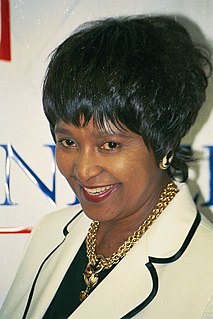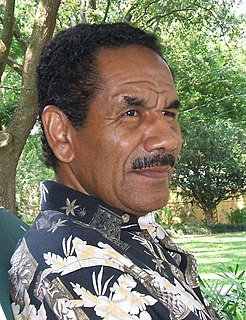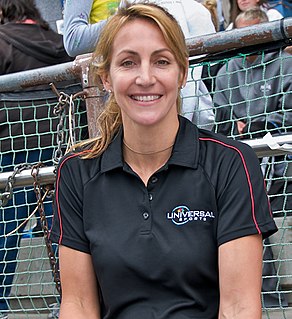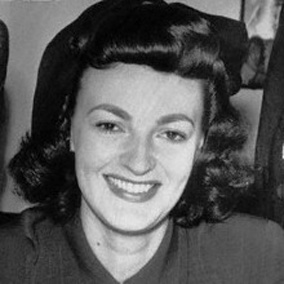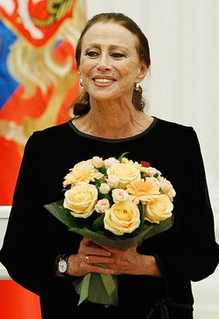A Quote by Winnie Madikizela-Mandela
Those 18 months in solitary confinement... bruised my soul. If I had had a weapon, I would have fought my way out.
Related Quotes
Solitary confinement has been used extensively, it always has. I was in prison for 44 years; it was a normal part of life - the practice of it. They put you in solitary confinement for disciplinary reasons, they put you in solitary confinement to protect you from violence or whatever, and they also put you in solitary confinement just to show you who has got the power ... It's not something new; it's just something that nobody really cared about in the past.
I did a lot of research on what solitary confinement does to you, how you become acclimated to being surrounded by people again after being by yourself for such a long time. It's really a horrific thing. It's definitely worth considering it as torture. We're just not meant to be in solitary confinement.
A prisoner lived in solitary confinement for years. He saw and spoke to no one and his meals were served through an opening in the wall. One day an ant came into his cell. The man contemplated it in fascination as it crawled around the room. He held it in the palm of his hand the better to observe it, gave it a grain or two, and kept it under his tin cup at night. One day it suddenly struck him that it had taken him ten long years of solitary confinement to open his eyes to the loveliness of an ant.
I suppose I'd had, by the standards of that pre-permissive time, a good deal of sex for my age. Girls, or a certain kind of girl, liked me; I had a car-not so common among undergraduates in those days-and I had some money. I wasn't ugly; and even more important, I had my loneliness, which, as every cad knows, is a deadly weapon with women. My 'technique' was to make a show of unpredictability, cynicism, and indifference. Then, like a conjurer with his white rabbit, I produced the solitary heart.
In the weeks since I had made the decision to leave my father's house, I had grown up. And I had learned that not every battle can be fought by firing an arrow from a bow. But I would have to face whatever new challenges came my way as bravely as I had faced the Huns. I could not wallow in self-pity, thinking about what might have been. I had to do my duty. It was the only way to stay true to myself.
I felt like I had to be conscious of myself as a girl for the first time. I had to be more feminine. I had to look a certain way. And it's something that you want to suffer in silence, but I would go onto movie sets and they would bring out bras that were basically binders, because there were continuity problems between months.
They had stopped now and he gave a glance up at the sky, through the trees, as though to see how much time was left. Amber, watching him, was suddenly struck with panic. Now he was going--out again into that great world with its bustle and noise and excitement--and she must stay here. She had a terrible new feeling of loneliness, as if she stood in some solitary corner at a party where she was the only stranger. Those places he had seen, she would never see; those fine things he had done, she would never do. But worst of all she would never see him again.
Silence comes in two varieties: One that nourishes and comforts; another that chokes, smothers, and isolates. Solitary confinement is the worst kind of imprisonment we can inflict on fellow humans, and if you are forced to keep silent about some dark secret, you live in solitary confinement. Without the bridge of communication connecting you to other human beings, you can’t share your burdens, can’t receive comfort, can’t confirm that you still belong. Silence is the abyss that separates you from hope.
Had we adopted non-violence as the weapon of the strong, because we realised that it was more effective than any other weapon, in fact the mightiest force in the world, we would have made use of its full potency and not have discarded it as soon as the fight against the British was over or we were in a position to wield conventional weapons. But as I have already said, we adopted it out of our helplessness. If we had the atom bomb, we would have used it against the British.
